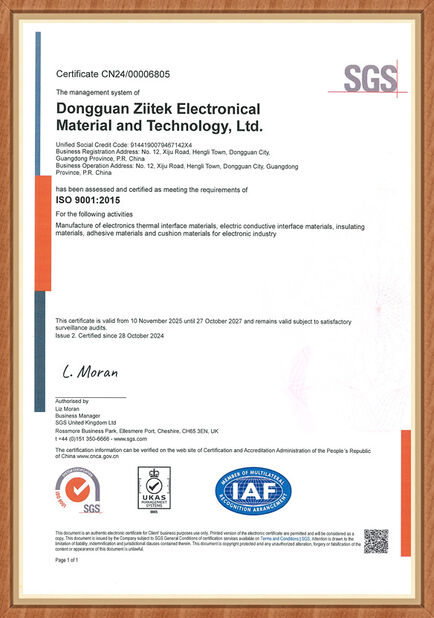Source factory revealed: What factors affect the thermal conductivity of thermal grease
The thermal conductivity of silicone grease, which plays an important role in the thermal management of electronic devices, is affected by many factors. As a source factory, we are well aware of the importance of the performance of thermal grease to ensure the stable operation of electronic equipment. The following will reveal the key factors affecting the thermal conductivity of thermal grease:

1. Composition and quality:
The main components of thermal grease include silicone oil, thermal packing and so on. Good thermal conductivity fillers such as silver, copper, alumina, etc., its content, quality and particle uniformity will directly affect the thermal conductivity. High content, high purity and uniform particles of thermal filler can significantly improve the thermal conductivity of thermal silicone grease. The quality of silicone oil is related to the stability and service life of silicone grease. Low quality silicone oil and fillers can lead to poor performance of thermally conductive silicone grease and even damage to electronic devices.
2. Ambient temperature:
The ambient temperature has a significant effect on the properties of thermal conductivity silicone grease. In high temperature environment, the silicone grease may appear aging, drying, etc., thus reducing the thermal conductivity. If the temperature is too high, it may even cause the silicone grease to flow or decompose. And at low temperatures, some silicone grease may become more viscous, affecting the efficiency of heat conduction. Therefore, it is important to select a thermally conductive silicone grease suitable for the operating temperature range of the equipment.
3. Thickness and uniformity of application:
When applying thermal grease, if the thickness is too thick, it will increase the thermal resistance, but reduce the heat dissipation effect; If the thickness is too thin, the gap between the heating element and the radiator may not be adequately filled. Uneven application will also lead to inconsistent local thermal resistance, affecting the overall heat dissipation performance. The correct application method is uniform, thin and appropriate amount to ensure the heat conduction effect.

4. Construction pressure and contact area:
The pressure applied during the installation of the equipment will affect the filling effect and heat conduction of the thermal silicone grease. The appropriate pressure can make the silicone grease better fill the void, increase the contact area, and improve the thermal conductivity. The size of the contact area is also directly related to the heat transfer efficiency, and a larger contact area is conducive to improving the heat dissipation effect.
5. Material properties and stability:
The thermal conductivity coefficient and thermal resistance coefficient of thermal conductivity silicone grease are important performance indexes. The higher the heat conduction coefficient is, the faster the heat transfer speed of the material is. The lower the thermal resistance coefficient is, the smaller the blocking effect on heat conduction is. The viscosity, permittivity and oil dispersion of thermally conductive silicone grease will also affect its thermal conductivity. Silicone grease with moderate viscosity, stable dielectric constant and low oil dispersion usually has better thermal conductivity.

As a source factory, we are well aware that the thermal conductivity of thermal grease is affected by a variety of complex factors. In order to ensure the stable operation and prolong the service life of electronic equipment, we strictly control the quality of raw materials, optimize the formulation design, improve the level of production technology in the production process, and provide customers with professional construction guidance and after-sales service.

 Your message must be between 20-3,000 characters!
Your message must be between 20-3,000 characters! Please check your E-mail!
Please check your E-mail!  Your message must be between 20-3,000 characters!
Your message must be between 20-3,000 characters! Please check your E-mail!
Please check your E-mail! 


